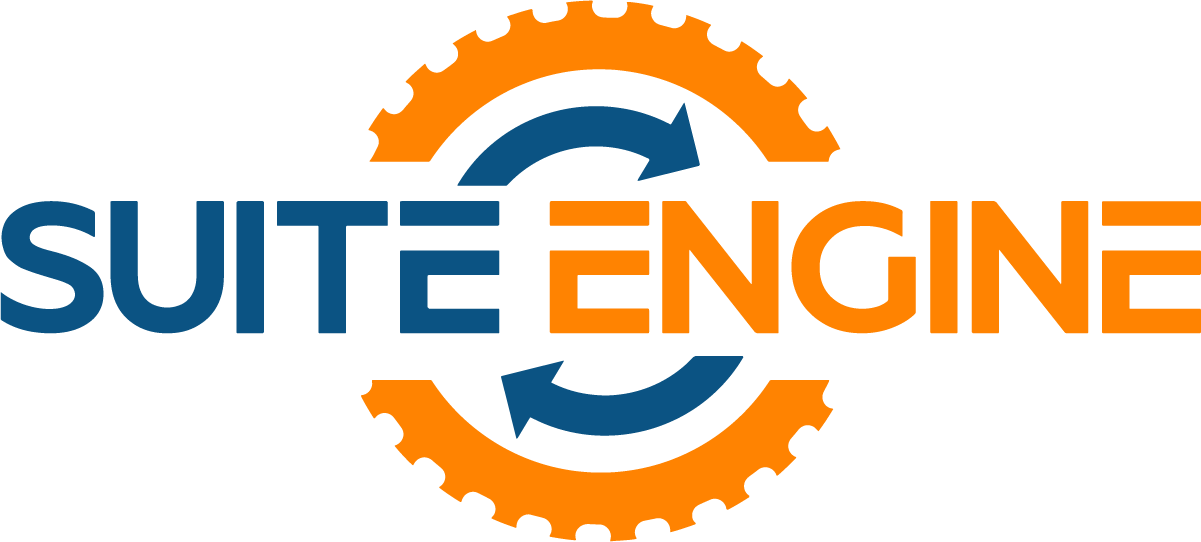Overcoming Supply Chain Challenges
Insights from a Seasoned Expert
Supply chain management is a complex puzzle with countless pieces that need to fit together seamlessly, so navigating this intricate landscape can be particularly daunting. Today, we’re diving into the four primary supply chain challenges and exploring how to overcome them with insights from our very own Heather Craig, a Senior Business Analyst and Microsoft Dynamics 365 Business Central Consultant here at Suite Engine primarily helping customers implement our all-in-one Dealer Management System, RPM.
Craig’s journey from aquaculture farming to becoming a leading expert in supply chain management is nothing short of inspiring. Her hands-on experience in managing the complexities of shipping live fish across vast distances gave her a deep understanding of the critical role that accurate data, efficient processes, and adaptability play in supply chain success. Failing to master these elements can have severe consequences, potentially leading to business closure.
To avoid such drastic outcomes, let’s delve into the four primary supply chain challenges:
Challenge 1: Efficiency
Delays, errors, and inefficiencies can have a ripple effect throughout the supply chain, impacting everything from production to customer satisfaction that in today’s fast-paced business environment, such disruptions are especially detrimental.
Businesses often struggle with manual processes and fragmented systems. Craig’s experience highlights the importance of automation and data consolidation. “Businesses need to be agile – especially those with small operations. Data and history are crucial for making informed decisions. By streamlining processes, you can significantly improve efficiency,” says Craig.
Challenge 2: Legal and Regulatory Compliance
Staying compliant with a constantly evolving legal and regulatory landscape can be overwhelming. Non-compliance can result in hefty fines, reputational damage, and even business closure. Heather’s experience highlights the importance of leveraging technology to manage compliance risks. For example, some of the benefits an ERP offers to help businesses manage regulatory requirements are that it:
- Keeps records in order
- Follows rules automatically, reducing errors
- Warns you about potential problems
- Provides proof
In short, “an ERP helps you stay on the right side of the law by organizing your business, preventing mistakes, and providing evidence when needed,” added Craig.
Challenge 3: Ethics
Having an ethics code is not a “nice thing to have” anymore. It’s a must. As consumers become increasingly aware and demanding, ethical considerations are moving to the forefront of corporate values.
From fair labor practices to environmental sustainability, consumers expect companies to operate with integrity. Heather emphasizes the importance of transparency and accountability in building trust with customers and stakeholders.
To foster a truly ethical supply chain, businesses should consider these actions:
- Conduct thorough supplier audits: Regularly assess suppliers’ practices to ensure alignment with ethical standards.
- Prioritize transparency: Share information about supply chain practices openly and honestly with consumers.
- Collaborate with industry peers: Work together to develop and implement ethical standards.
By taking these steps, businesses can not only enhance their reputation but also build a more sustainable and responsible supply chain.
Challenge 4: Customer Service and Satisfaction
Meeting customer expectations is crucial for business growth and retention. The same problems that cause Inefficiency – delays, errors, and product shortages – also leads to dissatisfied customers and lost business. A well-managed supply chain is essential for meeting customer expectations. Heather emphasizes the importance of visibility and speed to respond and recover from challenges quickly. As she has seen over the course of the years, businesses that are constantly improving forecasting, inventory management, and order fulfillment, experience higher customer satisfaction than those who don’t.
Want to learn how Suite Engine can help with your supply chain?
Overcoming these challenges requires a holistic approach that combines technology, expertise, and a customer-centric mindset. Suite Engine’s solutions and services, with Heather’s guidance, can help your business navigate these complexities and achieve supply chain excellence.
Book a Demo with Suite Engine Today!
SUITE ENGINE | We connect your business with modern software from Microsoft.
Simplified processes. All in one place.
Equipment Management | Production Builders | and more …
SEE MORE:
Recently Posted by Suite Engine
SHARE THIS POST:







